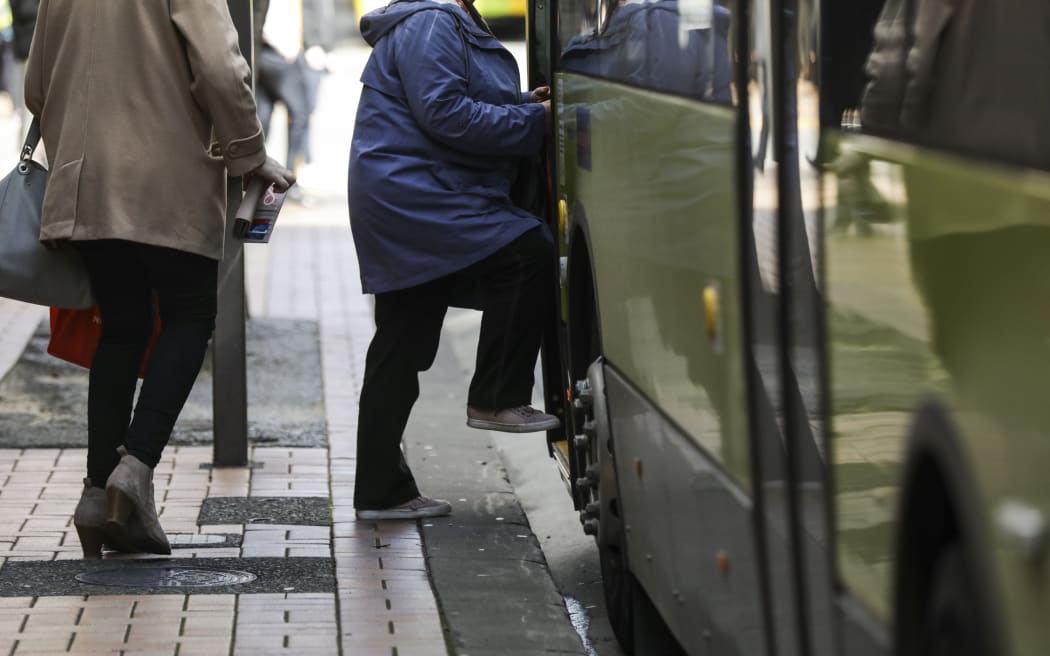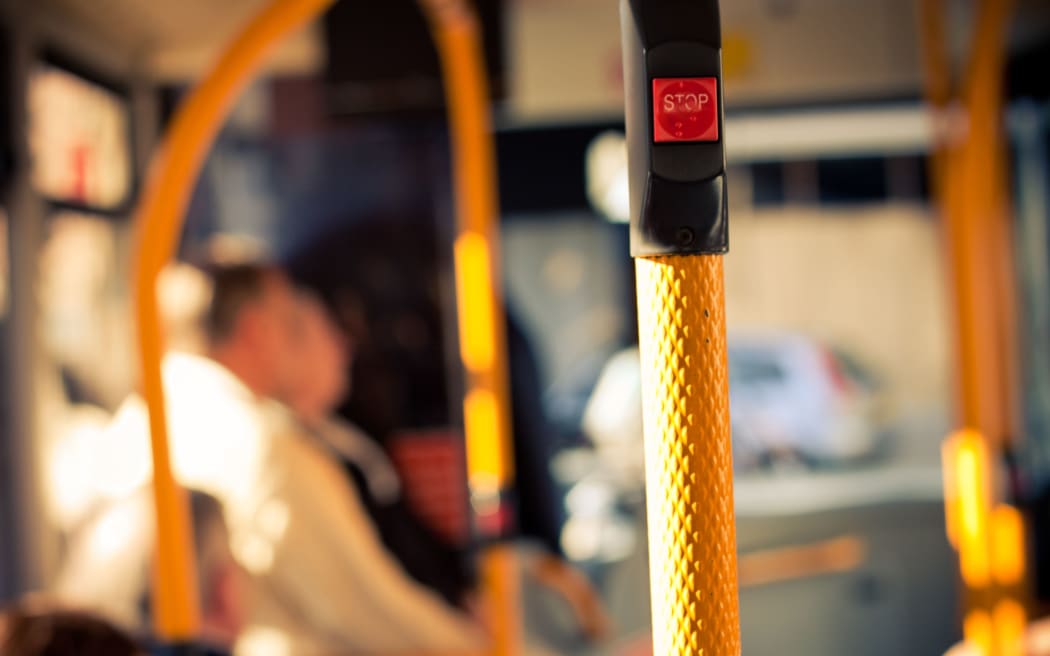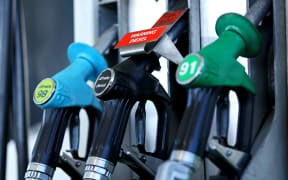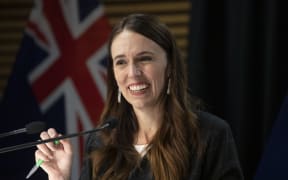
Subsidies for fuel and half-price public transport fares will be gone, for most passengers, by April next year. Photo: RNZ / Rebekah Parsons-King
A further extension of half-price public transport fares until March is being called "short-sighted" by public transport advocates.
They say when the government scheme ends on 1 April, progress toward the country's mode-shift goals will be lost as people return to old habits and congested roads.
About a million New Zealanders are to benefit from half-price fares indefinitely, with the government announcing the subsidy for holders of Community Service and Total Mobility Cards would be permanent from now on.
But despite a two-month extension of the scheme for everyone else, it still has an end point.
Fares were halved in April, after Russia's invasion of Ukraine created a global energy crisis causing fuel prices to skyrocket.
The government hoped cheaper fares would encourage more people onto buses and trains - better for the planet, and for people's pockets.
A three-month survey run by Waka Kotahi, ending in August, found half-price fares moved 7 percent of journeys onto public transport, and about 3 percent of those journeys would otherwise have been made in cars.
Free Fares spokesperson Kate Day said terminating the scheme would throw away the gains already made.
The group would like to see public transport costs reduced to zero for selected groups.
"If this policy is scrapped, how are we going to get that mode-shift back?" she said. "We've got ambitious targets [for] patronage ... and we need all hands on deck, all tools in our toolkit."
"We need affordable fares, and investment."
Day said the government should reverse the decision to end the scheme and dedicate money in next year's budget to fully fund fares, starting with Community Services Card holders, under-25s and tertiary students.

Fares, including on buses, were halved in April. Photo: 123RF
First Union researcher and policy analyst Edward Miller called the decision not to continue the scheme past April "short-sighted" and likely to increase private vehicle use.
"That's the concern, that we're going to have more congestion, more pollution and more carbon emission as a result of putting those fares back to their previous price," he said.
Miller said it was significant that during a difficult time for bus networks, with many short on drivers, more people were tempted out of their cars and onto the bus.
Drivers had experience less abuse from passengers under reduced fares, he said.
"Bus drivers tell us that policing passengers' fares is difficult enough when they are half of the price, and they are increasingly subject to abuse and violence at work - today's announcement will not be welcomed."
Greater Wellington Regional Council chair and Local Government NZ spokesperson Daran Ponter said despite people travelling less due to Covid-19, and increasingly working from home, patronage in Wellington was back up to 80 percent of pre-Covid-19 levels.
"There is no doubt that the measures put in place for half-price fares have really resonated very strongly with the travelling public, and also interestingly, with those people who don't use public transport on a daily basis," Ponter said.
"There is a sense that it's just a common sense thing to do."
But of course, he said, it all cost money.
He said the government would likely be having to think about whether there were more effective ways to spend that money, while getting the same results.
'Realistic choices'
Transport Minister Michael Wood said more than a million people would still get half-price fares which were targeted to those on the lowest incomes and people with Total Mobility Cards.
But the key in getting people to use public transport was better services.
"[Fares] play a part but they're not the main part - the biggest thing is frequent and reliable services."
The government was investing in more bus priority lanes and getting public transport in to more communities, contributing more than $60m to improve bus driver wages and projects like the Eastern Busway in Auckland.
"There are lots of things, of course, we would want to do," he said. "We've got to look at the money we have, and put it to the best work possible to build up a good public transport."
Higher petrol prices after the removal of the fuel tax cuts would not necessarily mean people switching to public transport, he said. The government was putting its investment in giving people more people "realistic choices".
Green Party finance spokesperson Julie Anne Genter said there was no need to choose between spending on fare cuts and improving reliability. What should be reprioritised was the more than $1 billion effectively subsidising fossil fuels by measures such as cutting petrol tax, she said.
"The cost of making those half price fares permanent is only 3 percent of the transport budget.
"The point is not only to get more people taking public transport, it's also to help people who are struggling with high cost of living and to do it in a way that enables them to reduce their carbon emissions, to reduce our national carbon emissions from transport," Genter told Morning Report.





